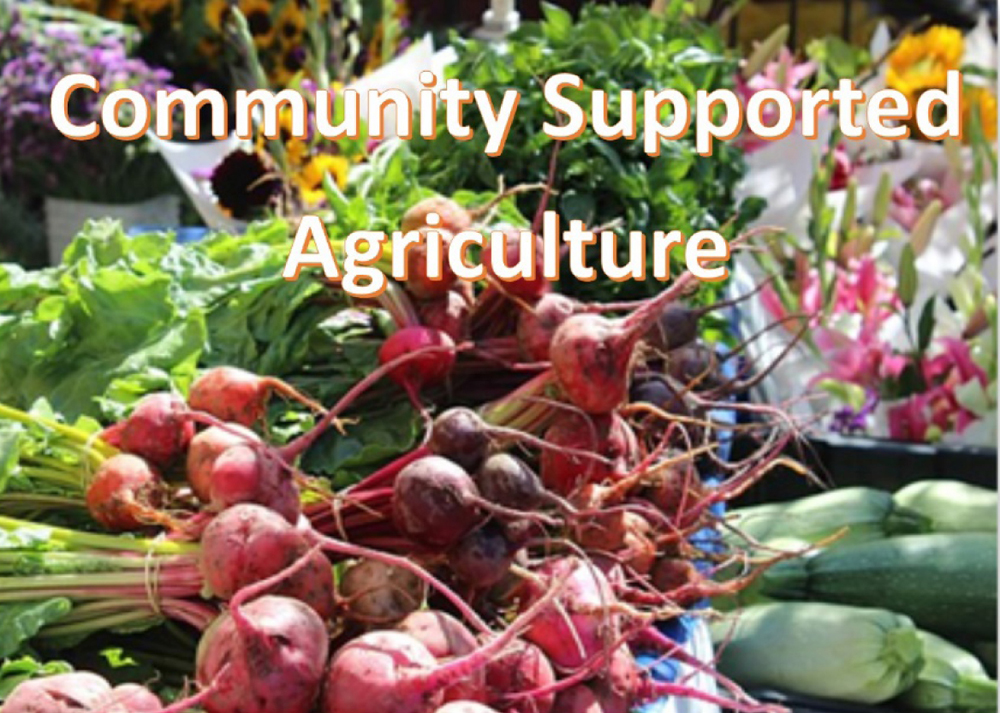Local CSA farms offer fresh produce during pandemic
Community Supported Agriculture shares provide ways to eat fresh, to stay safe, and to support the local economy

With the COVID-19 pandemic upon us, many people’s routines have been upended. However, one thing that does not have to change is people’s ability to buy local produce.
Cornell Cooperative Extensions across the state, including Cornell Cooperative Extension of Monroe County, are working hard to support local farmers during the coronavirus pandemic. A top priority is to provide prompt and accurate information to help farmers implement best handling practices according to COVID-19 safety guidelines. These guidelines were developed in partnership with the Department of Health and NYS Department of Agriculture and Markets.
Many local Community Supported Agriculture (CSA) farms have promptly adopted these guidelines in order to continue growing produce safely. To keep on a schedule for growing produce for scheduled shares while adjusting to the coronavirus outbreak, many CSAs promptly implemented safety measures such as social distancing for workers, strict hand sanitizing practices and close monitoring of workers’ health to assure their own safety as well as the safety of their staff.
The CSA model encourages a close relationship between a CSA farm and its members. By joining in, community members support a local farm with an upfront financial commitment to buy its produce. The money goes directly to the farmers, providing them with an infusion of crucial cash for the upcoming season investments such as purchase of new seeds. In exchange, members get fresh, local produce on a weekly or bi-weekly basis during the growing season.
Signing up for a local CSA is a way to support a sector of the local economy that has been hit hard by the current crisis. This can be one of the safest and direct ways of getting freshly harvested produce from trusted sources at a time when supplies at the stores are limited and when many consumers are wary of the social contact at a grocery store. In absence of supply chain components such as trucks, warehouses, or grocery store workers, the only persons who handle the food are the farmers and customers. The farmers and consumers communicate through email and regular newsletters. There is no need for gathering or standing in line at a check-out or a need for cash transactions since everything is paid for beforehand. Additionally, eating fresh, local, nutrient-dense foods helps maintain peoples’ health, helping to better resist and fight off disease. Changing delivery options during the COVID-19 pandemic vary by farm and can include curbside pickup, drive-thru, pre-packaged shares, online or phone ordering, and even delivery. Many offer add-ons such as U-pick options, recipes and cooking techniques, or family-fun activities.
The Greater Rochester area is home to more than 20 CSAs, each offering options of different share sizes, wide produce selection and pay-as-you-go plans. Quick response and sign-ups from residents greatly benefit CSA farms to bring in revenue and assure their future viability.
To find CSA farm listings in the Greater Rochester area, go to http://monroe.cce.cornell.edu/ or contact Jarmila Haseler, Agriculture Educator, CCE-Monroe, at 753-2565 or jh954@cornell.edu.
Provided information


